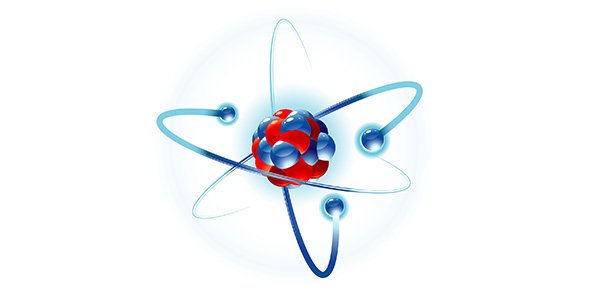Related Flashcards
Related Topics
Cards In This Set
| Front | Back |
|
Assured destruction
|
The ability and will to inflict unacceptable damage on an adversary – even after the adversary hits first with its best nuclear attack. Also known as second strike capability.
|
|
Biological weapons
|
A category of WMD that kills people by spreading bacteria or viruses.
|
|
Blast effect
|
The immediate explosive effect of a nuclear weapon. Can be powerful enough to level all buildings in a several mile radius and to produce destructive winds of between 100 and 200 miles per hour.
|
|
Chemical weapons
|
A category of WMD that uses manufactured chemicals to kill people.
|
|
Civil defense
|
Defenses designed to protect civilians in case of a nuclear strike from an adversary, such as fallout shelters.
|
|
Cruise missiles
|
Missiles, capable of being launched from land, air, or sea, that can travel below radar detection and guide themselves around obstacles to deliver the warhead they carry.
|
|
Cyber-warfare
|
The use of the internet and related technologies by governments to damage or disrupt the activities or systems of an adversary or a private entity of value to an adversary.
|
|
Deterrence
|
Using the threat of retaliation to protect oneself from an attack. Nuclear states use the threat of nuclear retaliation to deter other states from attacking them.
|
|
Dirty bomb
|
A device that, without the profound power of a nuclear explosion (and its attendant heat and blast effects), disperses some type of radioactive material.
|
|
Extended deterrence
|
The threat by one country to use its nuclear forces to protect other countries.
|
|
Fallout effect
|
The tertiary effect of a nuclear explosion. Because nuclear weapons cause dirt and air particles to become radioactive, an explosion can expose people hundreds of miles from the blast site to fatal cancers over time. This exposure to radiation is the fallout effect, and affects a much wider range than the blast or thermal effects.
|
|
First-strike capability
|
The negation of another country’s second strike capability. A state has first strike capability if and only if it has sufficient nuclear capability to entirely eliminate an adversary’s capacity to respond to a preliminary strike.
|
|
Fission
|
An atom-splitting chain reaction that is central to the working of a nuclear weapon.
|
|
Fusion bomb
|
A bomb in which a fission reaction causes hydrogen particles to fuse, releasing even more destructive energy than a simple fission reaction.
|
|
Intercontinental ballistic missile (ICBM)
|
A missile that in under an hour can travel thousands of miles through outer space and release multiple nuclear warheads, each carrying a payload of several hundred kilotons and independently guided to explode within several hundred feet of a separate target.
|




